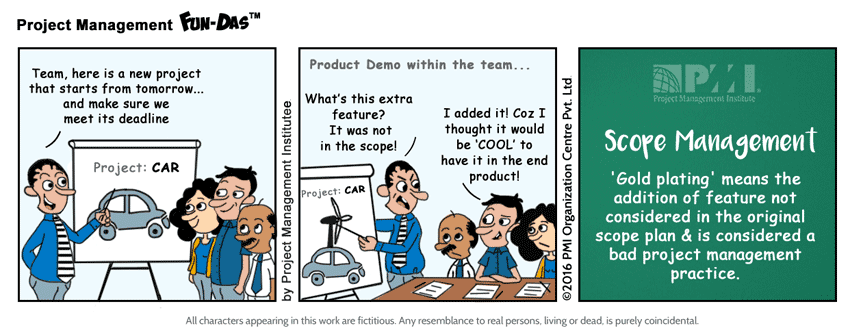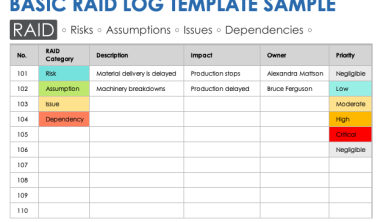As a Project Manager, I sometimes get a lot of flack. I’m the one that has to deal with client issues, scope challenges, budget constraints and interpersonal issues. I love my job, love the colleagues I work with, the clients I have the opportunity of working with and the projects that I can learn from, but there’s one area of Project Management and leadership where I’m often considered the “killjoy” or “party pooper”: scope management.
As a project manager, it’s my job to deliver the task and project as it’s been outlined in the Statement of Work/Project initiation document. Within this, I have boundaries that I need to abide by: scope, resources, timing. Most of the time, with clear expectation management, it can be an easy win. Everyone understands what they need to do, when and there’s limited room for discussion. Sometimes this isn’t the case.
I often have “people pleasers” who just want to do the best job that they can and whilst this should be applauded, sometimes it’s not necessary and is “gold plating” past what has been agreed upon. Gold plating is a serious issue as not only can it lead to difficult discussions with the end users, it’s often the case that as a result of the time spent, additional budget would be needed in the long run.
What’s the difference between Gold Plating and Scope Creep?
The simple difference between the two comes from who requested it. If the client requested additional functionality but it was not paid for, it comes under “scope creep”, whilst if the person takes it upon themselves to add in additional functionality without checking first, this would be gold plating?

Why is gold plating a problem?
If the client or end user is getting a better product, why should gold plating matter? The main factor behind this is that the client didn’t ask for these improvements or they may perhaps not even want them/not want to move in that direction.
How to avoid gold plating in your projects?
I would recommend ensuring that everyone understands the tasks that they are due to deliver, what needs to happen, what is needing to be delivered and then understands the boundaries of the tasks that they are performing. I explain all of this during the backlog /planning meetings so that everyone knows what is expected. In my projects, I show the consequences of gold plating (which can be rework/ hours not being approved) and am very strict on not only scope control but also monitoring the deliverables against the scope definition.
Conclusion:
Being a Project Manager is not always easy, and yes, you may be seen as the strict holder of the scope definition bit both gold plating and scope creep are not good for you, your project or your organization.
Via EmThePM






